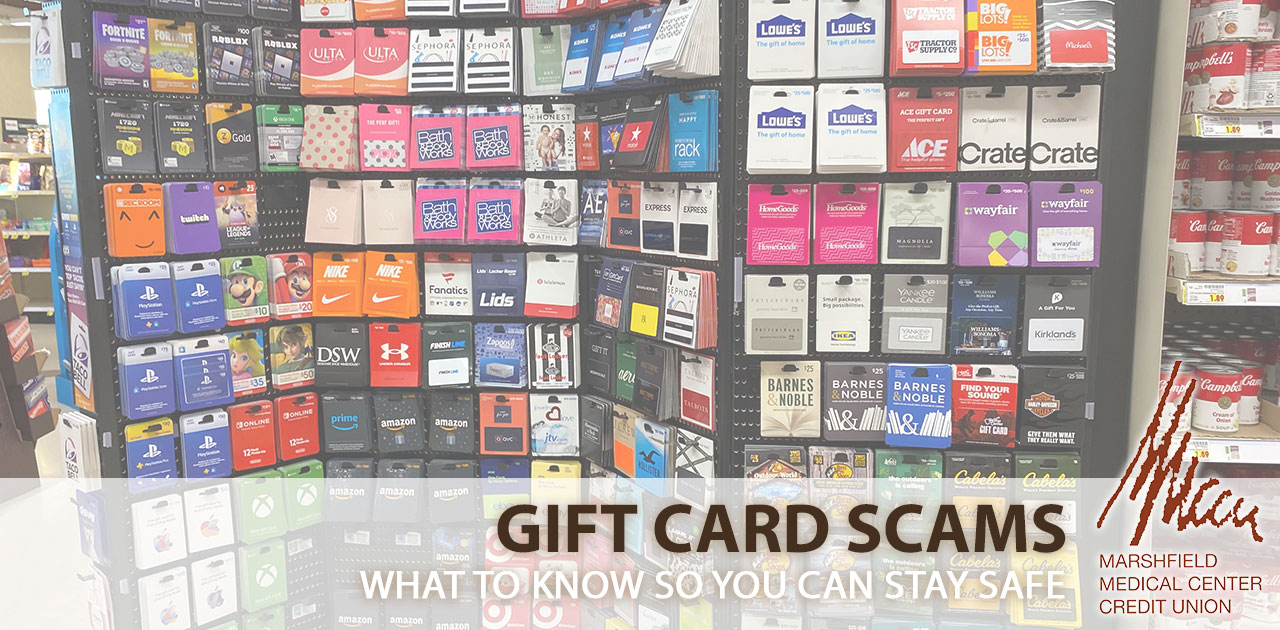Gift card scams are a type of fraudulent activity where scammers trick individuals into purchasing gift cards and providing the scammers with the card information or codes. These scams have become increasingly common in recent years, taking advantage of the popularity and convenience of gift cards for various purposes, such as gifting, online purchases, or redeeming for services. (Learn more safety tips here!)
Here’s how gift card scams typically work:
- Initial Contact: Scammers often impersonate someone trustworthy, such as a relative, friend, government official, tech support agent, or even a romantic interest. They might use phone calls, emails, text messages, or social media to reach out to potential victims.
- Urgent Situation or Pretense: Scammers create a sense of urgency or exploit emotions. They might claim that the victim’s loved one is in trouble, there’s an outstanding debt, taxes are owed, there’s a security breach, or some other fabricated scenario.
- Demand for Payment: The scammer insists that the victim needs to pay a certain amount of money to resolve the situation or issue. They specify that the payment must be made using gift cards, often from popular brands like iTunes, Amazon, Google Play, or others.
- Instructions to Purchase Gift Cards: The victim is instructed to go to a physical store or online retailer to purchase the required gift cards. The scammer might provide specific instructions on which brands to buy and the denominations.
- Providing Codes or Information: Once the victim has purchased the gift cards, the scammer will ask them to provide the card numbers, PINs, or codes on the back of the cards. This information allows the scammer to access the funds loaded onto the cards.
- No Resolution or Vanishing: After obtaining the gift card information, the scammer disappears. There was never an actual problem or issue to begin with, and the victim is left with empty or drained gift cards.
It’s important to be cautious and skeptical of unsolicited requests for money or personal information, especially if the demand is urgent and involves payment through gift cards. Legitimate organizations or authorities generally do not ask for payment in the form of gift cards. If you receive such a request, it’s recommended to independently verify the situation by contacting the person or organization directly through official contact information, rather than using the contact information provided by the potential scammer.
To protect yourself from gift card scams and other types of fraud, always be cautious when sharing personal or financial information and educate yourself about common scam tactics.
Learn more online security tips here on MMCCU’s website.


